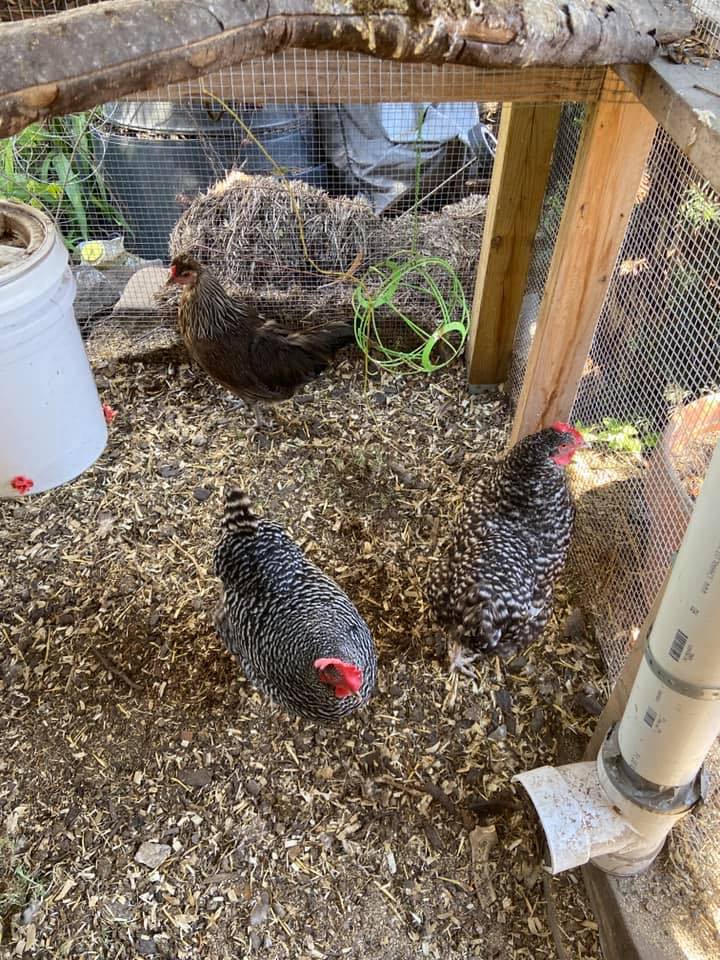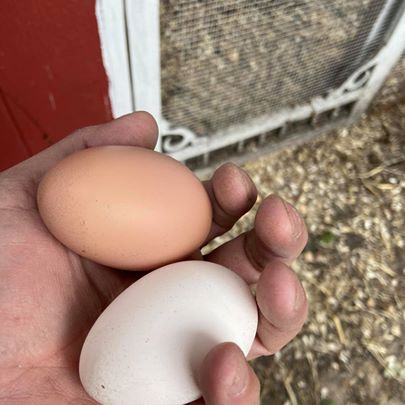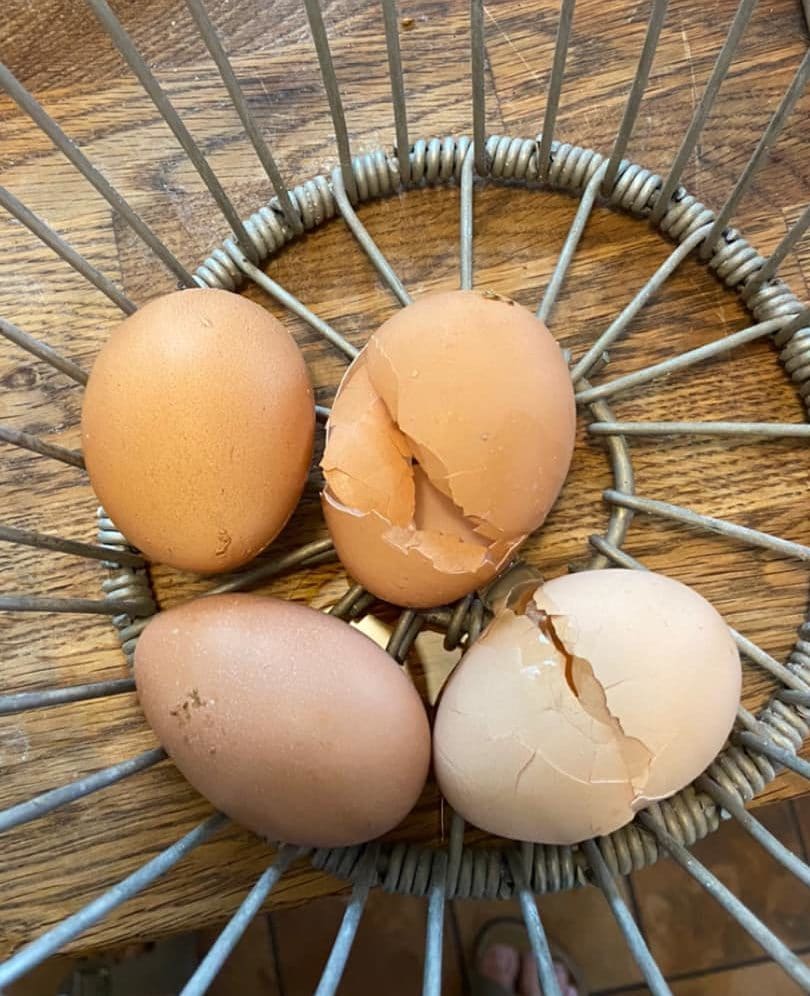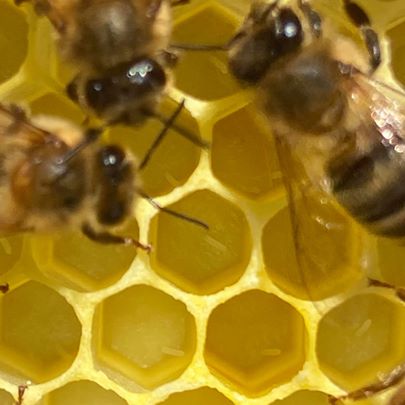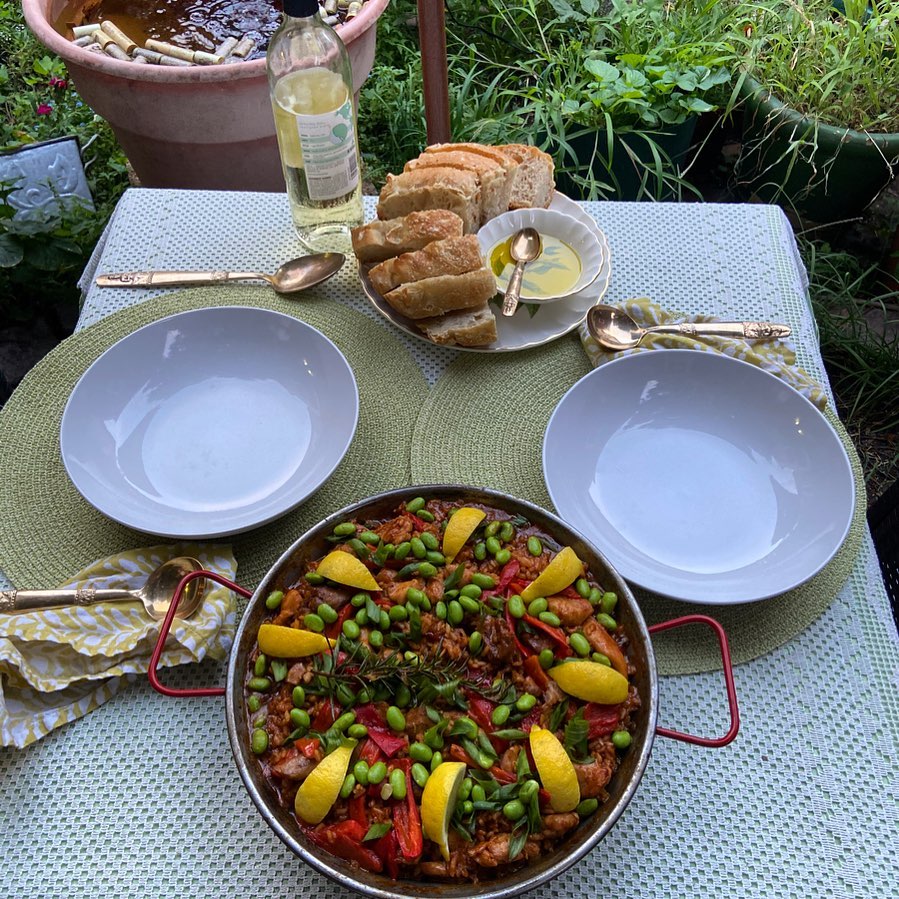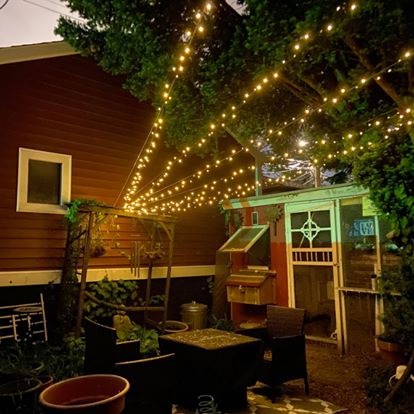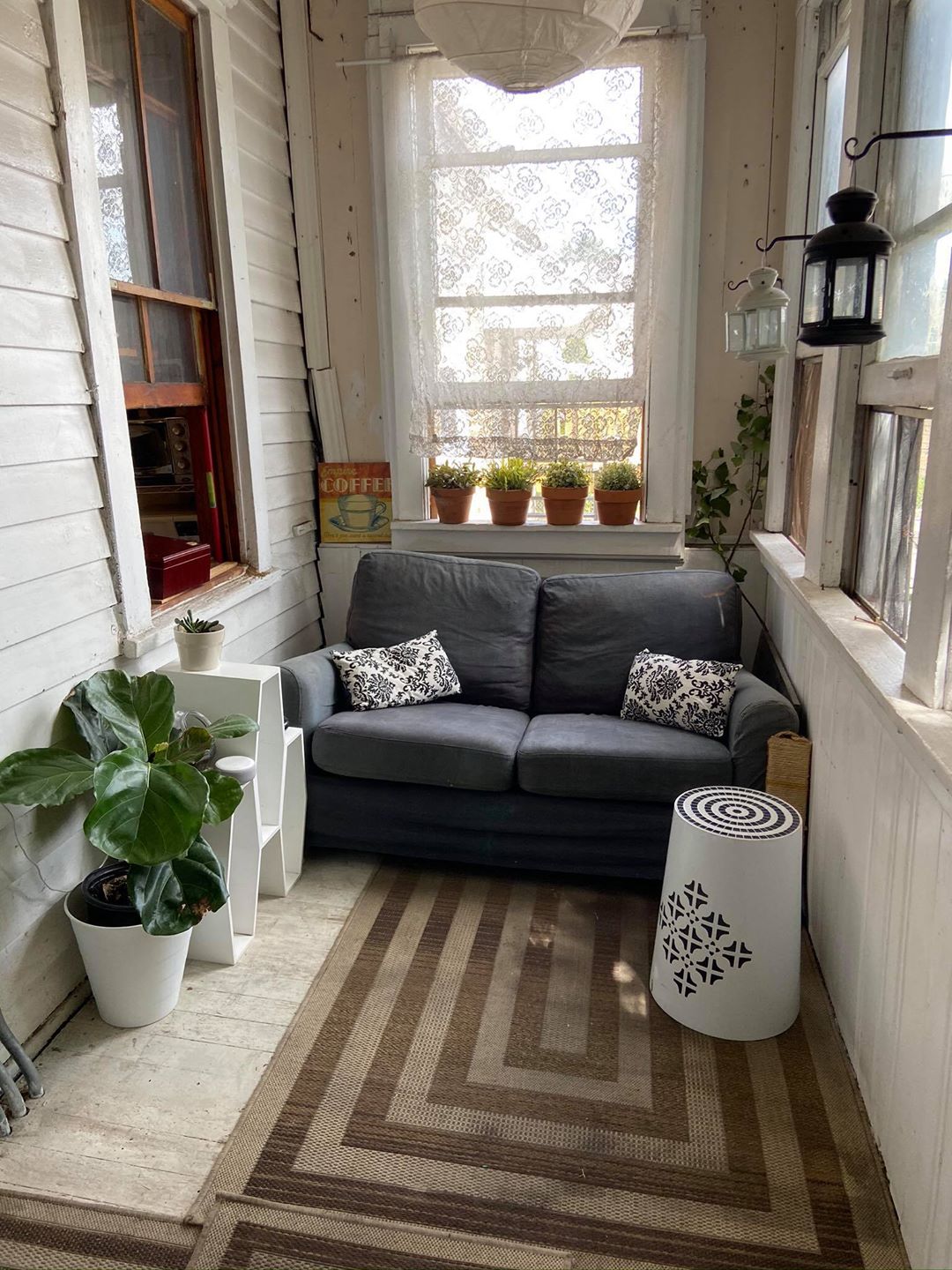Tiny Pilsen Farm
August 6, 2020 | Wellness
Everyone has a special someone who inspires and amazes us in their own personal and unique way. For me, it’s my cousin Hector.

Hector works in government, bakes his own bread and has created an urban farm called Tiny Pilsen Farm. Pilsen is a vibrant neighborhood on the Southside of Chicago known for its rich Mexican culture, restaurants and shops.
Our grandmother was quite the taskmaster, and our moms passed along what they learned onto their children. We both grew up cooking from scratch, learned how to garden, and make a tidy home. These skills were popularized by Martha Stewart, but this was just the way it was growing up. For me, it led me to being an owner of a Bed and Breakfast and a bakery (formerly). For Hector, he’s a beekeeper, bread maker, gardener, and chicken meister (if that’s the title for it). In other words, a true urban farmer.
I stopped by my cousin’s place in Pilsen recently to pick up some dill for a recipe. We got a chance to catch up (socially distant of course) and talk about the farm.
You’ve created an urban oasis called Tiny Pilsen Farm. Can you describe the farm and what kinds of plants and animals you tend after.
“I’ve got a dog, a cat, 4 chickens, and around 30,000 bees in two hives. I grow mostly herbs and a few vegetables, as well as an oyster mushroom bed under my front porch.”
What inspired you to create this farm?
I’ve always had an affinity for animals and enjoyed our visits to Mexico where we got to do things like milk cows and ride horses, and where “farm to table” isn’t some radical new concept; it’s pretty much daily life.
Working in state government I met a lot of folks from more rural areas that raised chickens and learned that it really doesn’t take a lot of effort. When I discovered a community of chicken owners here in Chicago I was hooked. The bees seemed like a natural progression. I spent a few months doing research on best practices, and the COVID “stay at home” order seemed like the opportune time to jump in.
What kind of challenges did you face?
The biggest challenge has been with the bees. You have to pay close attention to them, but not so much that you disturb their progress. It’s been a roller coaster ride of success and setbacks.
What would you like to add and why?
I’ve thought about raising goats for their milk and as a way to teach neighborhood kids about farm animals, but I’m not ready to commit the amount of time it would take…yet.
What advice would you give other aspiring urban farmers?
Farming is defined as growing crops or raising livestock, so something as simple as planting herbs or vegetables in your balcony or garden makes you a “farmer.” Be fearless but do some research. You’re bound to make mistakes, but you will grow as a person no matter what.







